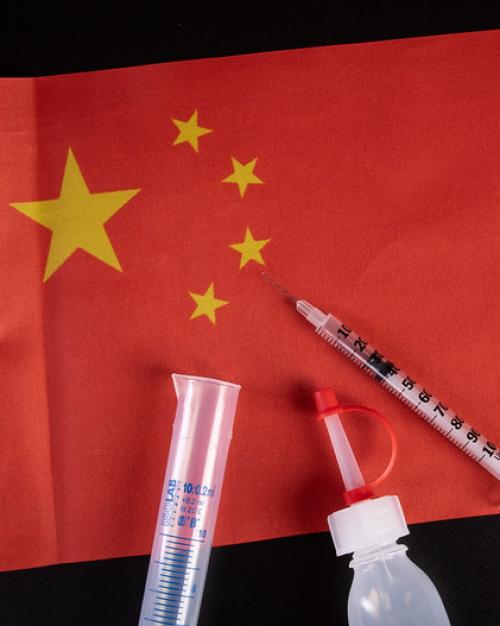Simmering anger at Beijing’s “zero covid” restrictions exploded over the past few days, writes Jeremy Lee Wallace, associate professor of government, in Washington Post commentary; there have been protests in cities across China as a deadly fire in Urumqi exposed widespread frustrations with lockdowns, testing and surveillance.
“With real backlash in the streets, the Chinese government and especially Xi Jinping, with whom zero covid policies are strongly linked, face difficult choices in how to navigate forward,” Wallace writes in the piece. “Chinese protests tend to focus on local issues, but strikingly many of these demonstrators have explicitly called for the leader or even the whole of the political system to step down.”
Read the story in The Washington Post.
Image by Jernei Furman, Creative Commons license 2. 0




